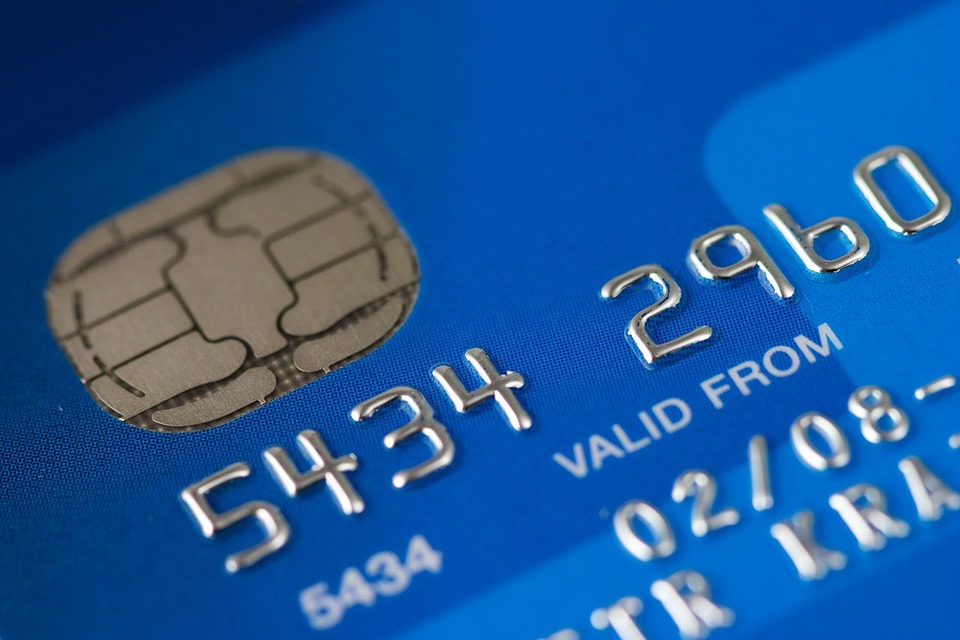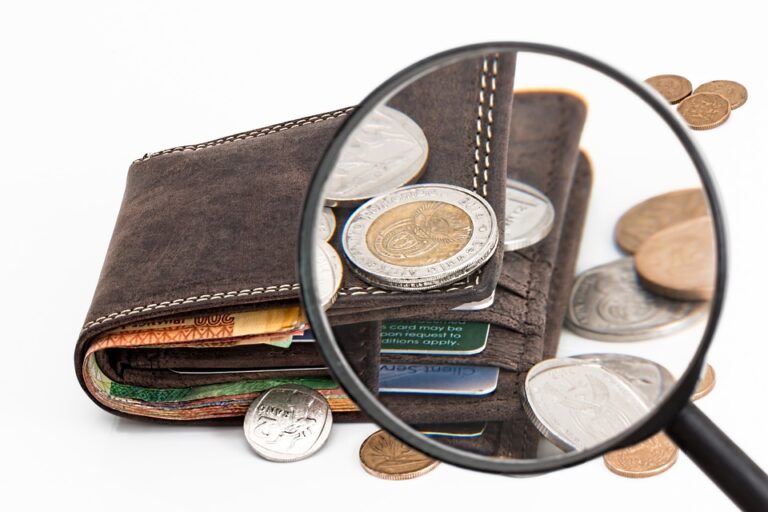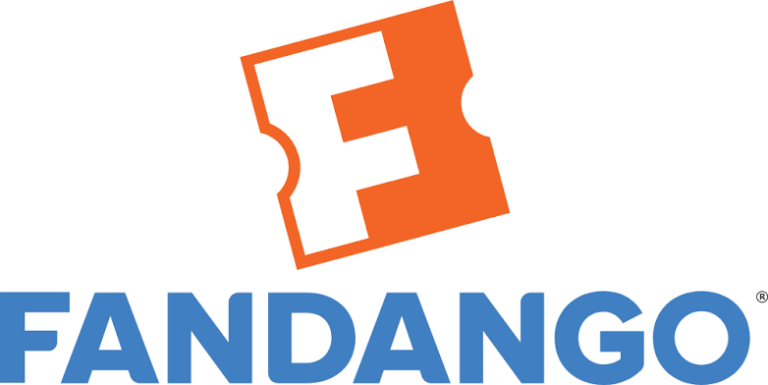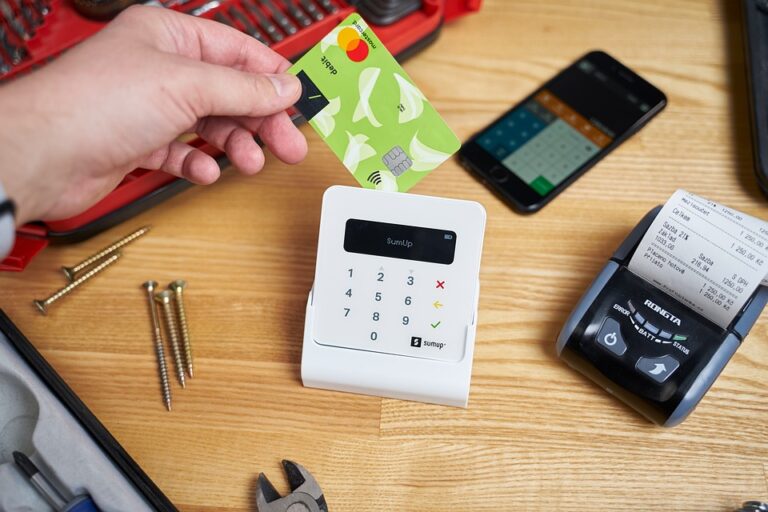Last updated Feb. 4, 2025 by Peter Jakes
In recent years, the financial landscape has evolved, opening up new avenues for consumers seeking flexibility, convenience, and control over their finances. Among the most significant developments is the rise of prepaid credit and debit cards. These financial tools combine the benefits of traditional banking with the simplicity and accessibility that modern technology provides. This guide delves into the top prepaid credit and debit cards available today, helping you make informed decisions about which products suit your financial needs.
Understanding Prepaid Cards
Prepaid cards, distinct from their debit and credit counterparts, require users to load a specific amount of money before making purchases or transactions. Unlike a debit card, which draws from a bank account, or a credit card, which extends a line of credit, prepaid cards offer a controlled spending environment, making them ideal for budgeting, teaching financial responsibility, or providing an alternative to traditional banking for underserved groups.
Benefits of Prepaid Cards
- Budget Control: These cards limit spending to the pre-loaded amount, offering a powerful tool for budget-conscious consumers.
- Security: Prepaid cards protect against overspending and may offer fraud protection similar to credit cards.
- Flexibility: They can be used at various merchants and online platforms, providing vast usage options without needing a bank account.
- Financial Literacy: Prepaid cards are excellent for teaching teens and young adults about managing money responsibly.
Top Prepaid Credit and Debit Cards
1. American Express Serve
The American Express Serve card offers three variations: Free Reloads, Cash Back, and Basic. Each comes with benefits like robust customer service, fraud protection, and wide acceptance.
- Free Reloads: This option features free cash reloads at thousands of locations across the USA.
- Cash Back: Offers 1% cash back on every purchase, ideal for frequent users looking to earn rewards.
- Basic: The standard offering with no additional fees on purchases.
2. Chase Liquid Prepaid Card
Chase Liquid allows users to reload through direct deposit, in-person, or via checks. Cardholders benefit from access to over 16,000 ATMs and zero overdraft fees.
- Low Fees: Minimal fees, including a low monthly service charge.
- Wide ATM Network: Access to Chase’s extensive network offers fee-free withdrawals and deposits.
3. NetSpend Visa Prepaid Card
NetSpend provides a flexible prepaid experience with various useful features. This card is known for its high reload limits and diverse loading options.
- Reward Programs: Optional direct deposit allows paycheck receipt up to two days early.
- Account Management: Offers a mobile app for easy tracking of funds and transactions.
4. Family Dollar Visa Prepaid Card
A straightforward prepaid option, Family Dollar’s card is suitable for everyday purchases and cash withdrawals.
- Simplicity: Makes shopping easy with minimal reload fees.
- Accessibility: Widely accepted and user-friendly, perfect for quick spending needs.
5. Bluebird by American Express
Partnered with Walmart, Bluebird offers a comprehensive package ideal for digital spenders.
- No Monthly Fees: This card provides direct deposit capabilities and mobile check deposit features without monthly charges.
- Bill Payment: Users can schedule bill payments directly from the card.
6. Green Dot Prepaid Visa Card
Versatile and comprehensive, Green Dot offers features that cater to both regular shopping and significant expenditures.
- Money Management Tools: Track spending and deposits efficiently via their mobile app.
- Widespread Acceptance: Use at millions of locations worldwide and online.
7. PayPal Prepaid MasterCard
This card integrates seamlessly with PayPal accounts, making it ideal for those who frequently use the platform.
- Account Linkage: Easily transfer funds between PayPal and the prepaid card.
- Convenience: Access funds at any bank accepting MasterCard.
Considerations When Choosing a Prepaid Card
- Fees: Be mindful of various fees, including monthly service charges, reload fees, and ATM withdrawal fees.
- Access and Acceptance: Ensure the card you choose is widely accepted by merchants you frequent.
- Mobile and Online Features: Opt for cards with robust digital banking options to ease monitoring and management of funds.
✓ Short Answer
Prepaid credit and debit cards offer a flexible, convenient financial solution for many consumers. These cards require pre-loading funds, thus differing from traditional credit or debit cards which rely on existing bank accounts or extend credit. Key benefits include enhanced budgeting, added security, and aiding financial literacy. Leading options like American Express Serve and PayPal Prepaid MasterCard present diverse features catering to various needs, such as cash back rewards and seamless integration with online platforms. When selecting a prepaid card, consider factors such as fees, network acceptance, and available digital tools to ensure it aligns with your financial habits.
Frequently Asked Questions (FAQs)
What is the main difference between a prepaid card and a regular credit card?
Prepaid cards require you to load money onto them before use, limiting spending to the available balance. In contrast, credit cards allow you to borrow funds up to a predetermined limit and pay the balance over time.
Are prepaid cards safe to use?
Yes, prepaid cards are generally considered safe. They offer similar fraud protections as regular credit and debit cards. Plus, they limit the risk of overspending since users can only spend amounts they have pre-loaded.
What are the fees associated with prepaid cards?
Common fees include activation fees, monthly service fees, ATM withdrawal charges, and reload fees. It’s important to review the fee structure of any card you are considering.
Can prepaid cards help build credit?
Typically, prepaid cards do not impact your credit score since they don’t involve borrowing money. However, using them responsibly can help develop good financial habits that are beneficial if you transition to credit cards later.
How do I reload a prepaid card?
Reloading options vary by card and may include direct deposit, topping-up at retail locations, online bank transfers, or mobile check deposits.
Do prepaid cards have an expiration date?
Yes, prepaid cards usually have an expiration date. The funds do not expire, but you will need to get a replacement card upon expiration.
Can teenagers use prepaid cards?
Yes, prepaid cards are often recommended for teenagers as they provide a controlled environment to learn money management skills without the risks associated with traditional credit cards.
By understanding the features and benefits of different prepaid cards, consumers can enjoy financial autonomy and convenience while avoiding debt traps associated with conventional credit cards. Choose smartly, use responsibly, and take charge of your financial health with the right prepaid card today.







